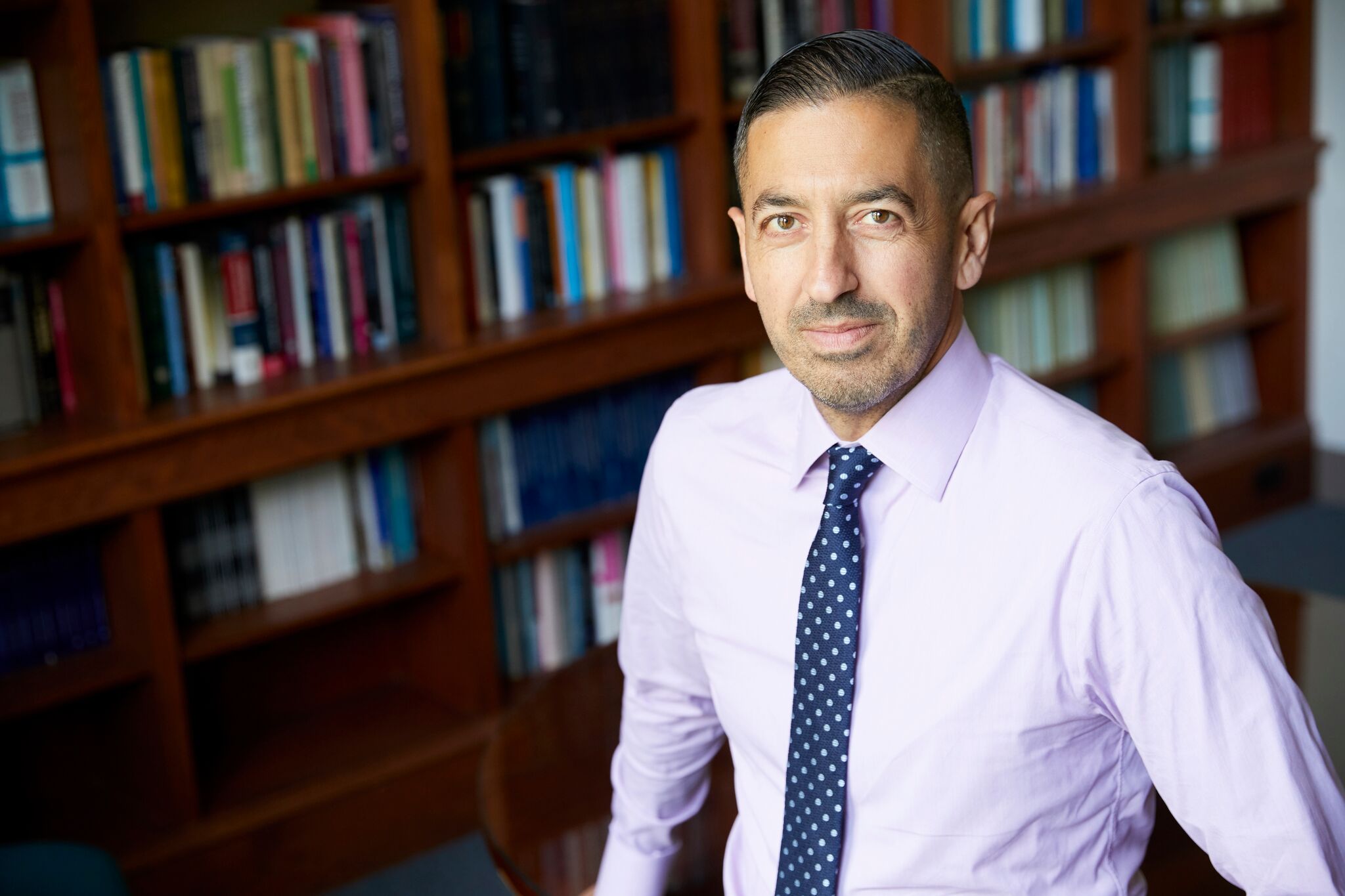This piece was first posted on Substack. To comment, please go there.
It is one of the most-used aphorisms in public health: “[P]olitics [is] nothing but medicine at a larger scale.” That was written by Rudolf Virchow, one of the founders of modern pathology, who also played a key role in the development of social medicine. Virchow became convinced that the underlying reasons for health gaps were social and economic inequities, leading to his participation in the Revolutions of 1848, among other progressive efforts of his time. In articulating a central role for politics in the health conversation, Virchow was, in many respects, decades ahead of his time and led directly to much of the modern discussion about the role that politics plays in shaping health.
Politics, defined perhaps most easily as the art and science of governance that allows us to live together, unquestionably shapes health. And, in my assessment, we in public health have been—correctly—increasingly vocal about the role that politics plays in shaping health. Perhaps in direct reaction to the Trump administration, which was responsible for a set of policies that were, in the main, detrimental to health, we have had a growing chorus of voices arguing for the importance of thinking about politics when we think about health. There are now dozens of articles on what the new administration can do for health. And given the more visible role of public health in the public arena due to a world-stopping pandemic, it is possible that these voices will have more weight. But as we engage more in urging politics to consider health as part of its core mission, we could also benefit from clarity about what we are trying to achieve through politics. It is too easy to argue against, say, neoliberal ideas which we sense, reflexively, will cause us to underinvest in health—even if I would suggest that the evidence here is not clear at all—but it is harder to think about what we are trying to achieve through our political systems. Perhaps having some clarity on that may help focus our advocacy efforts, as well as the scholarship that can inform how we engage with politics to begin with.
As I have mulled this over during the past fervid political months, observing the actions of the new administration—many of them promising—I have come to think that there are three areas that should guide what we want out of a politics that creates a better, healthier world.
1. We want our politics to create the assets that can generate health for as many people as possible and to narrow health gaps. This may be the clearest aspiration we can have for politics and will be familiar to many. We know that health is generated by the conditions of where we work, live, and play. That leads naturally to the understanding that health is a function of the access we have to these conditions, and whether they are health-generating or health-harming. Of course, I use here the word ‘assets’ very broadly. Assets themselves help—this is to say, having the money to buy things that make us healthy. Even broader, health-generating assets include quality neighborhoods, gender equity, a clean environment, etc., facilitated through livable wages and wealth. The link between having assets and health is captured in a long list of writing on health, anchored by fundamental cause thinking that suggests simply that access to these assets is foundational to health. It is therefore this exact disinvestment in these assets that made the Trump administration so harmful to health. When we stop investing in the conditions that create a better world by broadening access to the assets that generate health, we also stop building health. This is also why the US has fallen behind on health compared to peer countries, with our life expectancy now being up to five years lower than that of the best performing countries, despite our spending more than anyone else on health. At a simple level, our politics has not been investing in the assets that create health, and our health has suffered as a result. An important corollary of this is that it is inequitable distribution of assets that directly leads to health inequities. The poorest 80 percent of Americans are falling further behind in health compared to the richest 20 percent. Black Americans continue to have life expectancy that is about four years lower than white Americans, and, in a time of COVID-19, have had twice the mortality rate from COVID than white Americans. These differences are driven largely by inequitable access to assets. Therefore, assets are instrumental to health, and both those assets and our access to them are determined in large part by our politics. We want, then, to have a political system that invests in the assets that generate health, and does so in a way that is equitable, as a means of narrowing health gaps.
2. We also want our politics to create opportunities for us, citizens, to live fully realized lives. Whether or not those of us interested in health see this as an important part of our mission depends, in no small part, on how we see the role of health. If we were interested only in health in and of itself, we might be willing to constrain opportunities for living just to achieve health. To my mind, however, health is a means,not an end. That suggests that we should work to ensure healthier populations so that all can choose to live their lives with purpose and meaning. We know, in turn, that living with purpose is associated with lower mortality, for example. This means that creating opportunities should be central to any political system that cares about health. Yes, there are times when in order to generate health we are willing to constrain some opportunities for expression—it seems well worthwhile to enforce seatbelt-wearing in order to reduce motor vehicle fatalities. But, fundamentally, health should be in service of opportunity, and we should aim for political systems that act accordingly. Not incidentally, this is particularly relevant in a time of COVID-19, when much of our national discussion has been colored by the extent of lived opportunity we are willing to forgo to limit the spread of the pandemic. Fundamentally, recognizing that maximizing opportunity is aligned with the purpose of health should push us to see this as a core aspect of political systems we should promote, with health indeed in mind.
3. Last, but certainly not least, we want our politics to allow us all to live with dignity. I realize we do not talk about this much in the context of health, but it has always seemed to me that the goal of concepts such as human rights is indeed to ensure that we can all live with dignity. Understanding dignity as a belief that we all have intrinsic value linked to our humanity suggests that we should be working towards systems that promote such value, independent of any other identity—be it race, country of birth, income, class—other than our shared humanity. This has enormous implications for what we prioritize in our political systems. It means elevating systems that create opportunities for respect for all, predicated on what we have in common, not on our differences. We have already seen in the past few years the perils of excluding so many in our population from the opportunity to live lives of dignity and respect. It is not a stretch to note that this led to the election of Donald Trump to the presidency. It also pushes us to ensure that our efforts to promote a pluralist world that recognizes and values our differences does not come at the expense of efforts to elevate our shared humanity, efforts that encourage us to not have health left behinds, and to see health as a public good.
Taken together, an aspiration for political systems that allows the generation of assets, opportunity, and dignity for all, has implications for the types of political systems that we may encourage, aiming to generate a healthier world. I would not consider, for example, a system of central political and economic control as being particularly commensurate with creating opportunity, and clearly a central shortcoming of a completely market-driven economy is that it, not infrequently, robs people of dignity. But our actions in promoting health also run the risk of forgetting why we are doing what we are doing. In a moment when we have been, appropriately, terrified of a novel coronavirus, have we over-reacted to constrain opportunities to live lives with purpose, to overly limit our opportunity? Have we made sure, in our efforts to promote efforts to control the virus, that we have respected all, that we have not sacrificed the dignity of many who we have considered to be falling short on their behavior? These are high bars, but, surely, we should expect nothing less of ourselves in our thinking and in our advocacy.


